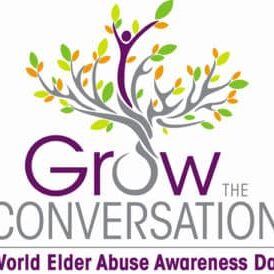Why is sleep important?
Sleep is when the body repairs itself. The processes that our bodies go through when we sleep have been shown to affect mood, energy, memory, brain health, and our ability to learn.
What’s stopping us from sleeping?
Difficulty sleeping is often portrayed as a normal part of aging- but it isn’t. Common reasons older adults struggle with sleeping include:
- Getting up to use the bathroom (50%)
- Stress (25%)
- Pain (23%)
- Depression
- Increased irritability
- Memory issues
- Increased fall risk
- Difficulty with creativity/problem solving
Sleep Medication
Most older adults with sleeping trouble (54%) aren’t likely to talk about it with their doctor because they think it’s a normal part of aging. Since they’re less likely to talk to their doctor, a high percentage of older adults use over the counter sleep medicine.
According to a 2018 study by the National Poll on Healthy Aging, 5% of older adults regularly use prescription sleep medicines (3% use them occasionally). Another 5% of older adults use prescription pain medication (either regularly or occasionally) to help them sleep. 5% of older adults regularly use over the counter sleep medicine to help with sleep;17% of older adults use over the counter medications occasionally. 4% of older adults use herbal or natural sleep aides on a regular basis while 8% reported that they use these natural remedies only occasionally.
Tips for a better night’s sleep
- Set a schedule– go to bed at around the same time every night and try to wake up around the same time
- Make sure your bed is comfortable and your bedroom is dark and cool
- Don’t nap during the day
- Avoid screens (TV, phone, etc.) before bedtime
- Cut off caffeine 4-6 hours before bedtime
- Create a bedtime routine to signal to your body that it’s time for bed
- Don’t eat a big meal or heavy food before bed
- Take care of medical issues that can affect your sleep (e.g., chronic pain)
- Talk to your doctor if you regularly have trouble falling or staying asleep
- Have a lamp within arms reach from the bed
- Remove bedroom rugs– these can be tripping hazards (especially in the dark!)
Be sure to visit the Ahead of the Curve Resource Directory to find medical care in your community.






